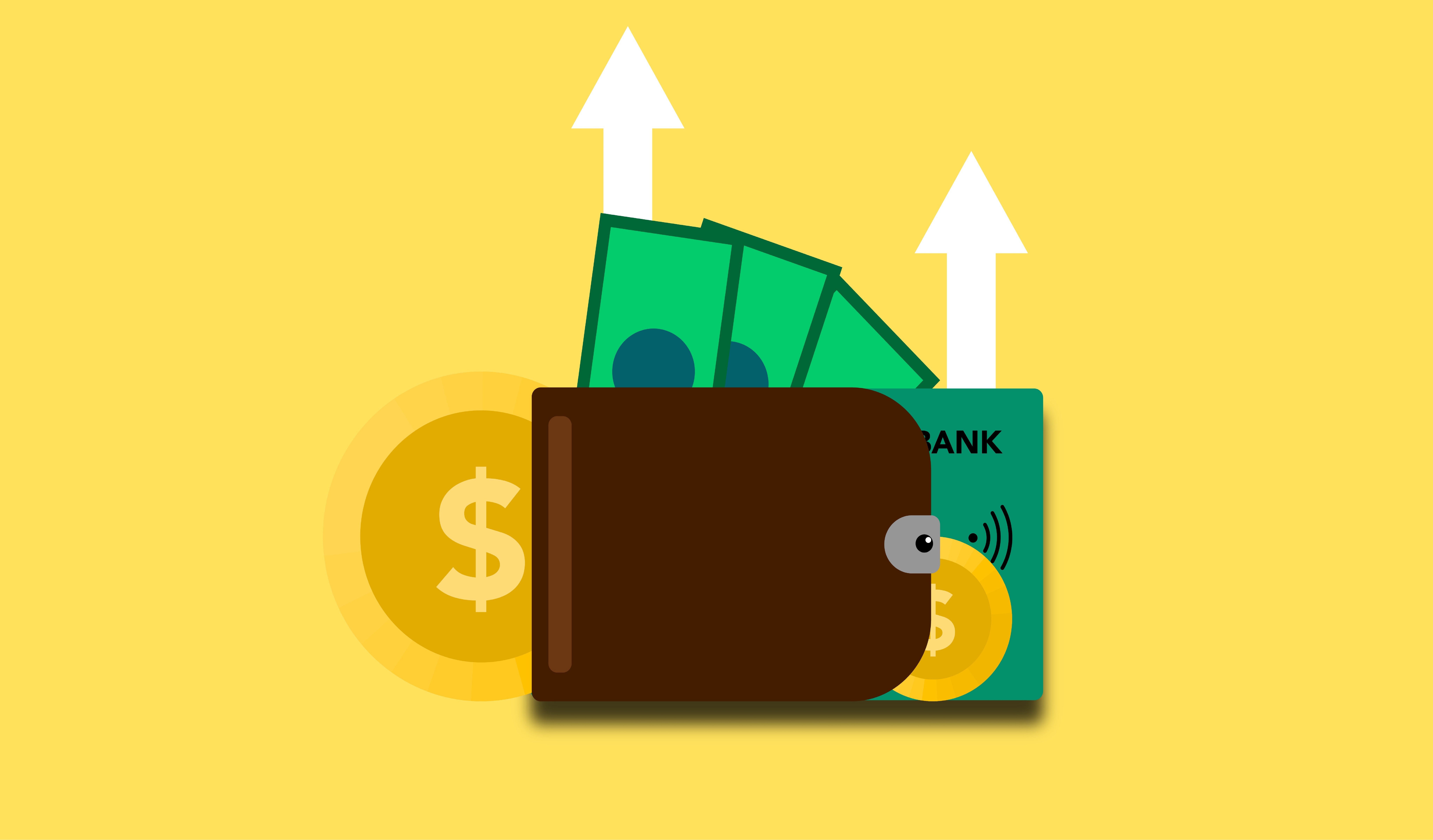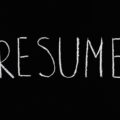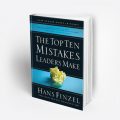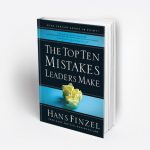If you are struggling with finances, then winning the lottery or getting a raise would be the answer to your prayers! In the meantime, the best thing you can do right now is to take charge of your finances.
Here I have discussed 7 strategies to help you start your journey towards better financial management.
Track All Spending
The first step towards better financial management is knowing where your money goes. Does it feel like every payday your money seems to vanish? Don’t worry, you are far from alone. Start by setting up a system to monitor where the money goes. You could make a simple spreadsheet, buy specialist software, or simply use a pen and paper! Using a digital tracking system would be best. Ideally, one that is mobile-friendly. If you can access your spending tracker on your smartphone, then you can record purchases as they happen. Much less chance of forgetting about them!
Tracking your spending won’t magically fix your financial worries. However, it’s a fantastic first step to take.

Create a Realistic Budget
Creating a realistic budget will set a solid foundation for future financial success. The budget should contain every outgoing expense. One of the biggest benefits of a budget is the ability to see what you could reduce. Paying bills automatically means you sometimes forget to review them. You could be overpaying!
Don’t just make a budget once and leave it. By constantly reviewing the budget you will keep your spending at the forefront of your mind. This gives it more importance which should help you focus on controlling your spending.
Set Financial Goals
Now you need a plan for what to do with the money! You could leave the money sitting in a bank account, but that’s not a good use of spare cash. Instead, set some financial goals for the short-term and long-term.
Goals could include getting debts paid off, building a savings fund, or buying a home.
Investing or saving money does not seem like a good idea when you don’t have much. Yet, anything you can put away now will help in the long run. Even small amounts add up over time. Plus, when you have more available money in the future you can save larger amounts!
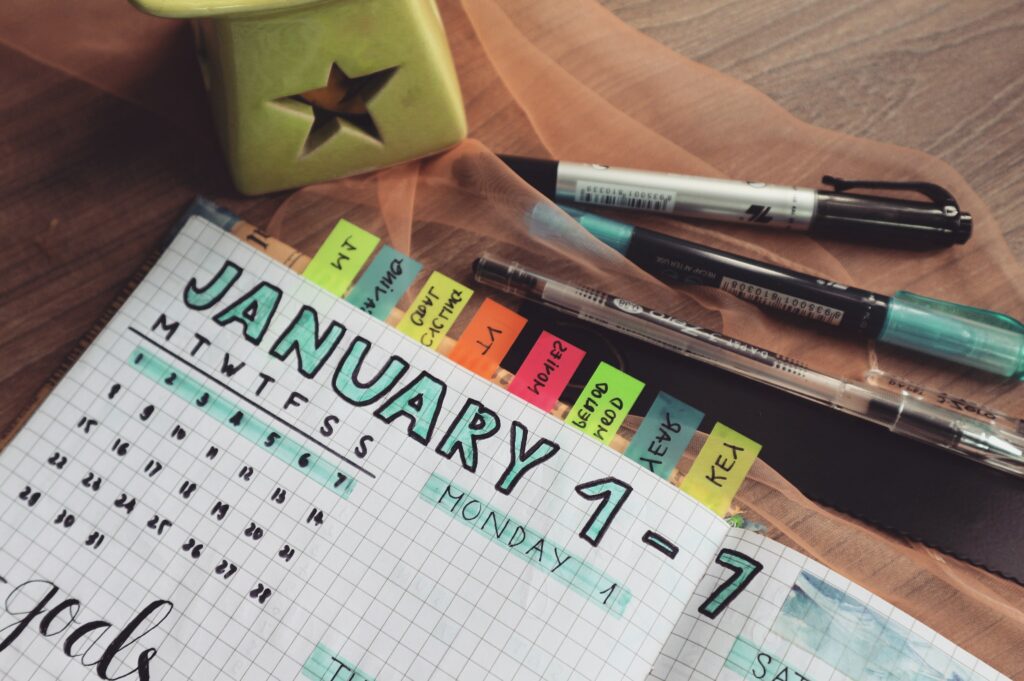
Build an Emergency Fund
An emergency fund may feel impossible to start when you are living paycheck-to-paycheck. If you build a budget and track spending, you should start having some money left over that you could save. Having an emergency fund means you can better absorb any financial shocks. Unexpected bills can strike at any time such as car repairs, medical bills, or home repairs. You may find yourself out of work and unable to find new employment straight away.
Build an emergency fund at the earliest opportunity to insulate yourself against these possible financial shocks.
Implement the 50/30/20 Rule
One suggestion that can help you manage your finances better is to budget using the 50/30/20 rule. That means spending 50% of your income on needs, 30% on wants, and 20% on savings.
Needs include housing, utilities, food, and anything else you must have. Want is for the fun stuff! Eating out, new clothes, the latest tech, or anything else that is for leisure. Savings are vital to becoming financially secure. Having an emergency fund gives you a safety net should the worst happen.
You can always adjust these percentages accordingly.
Look for Ways to Increase Your Income
Increasing your income might seem obvious, but how do you do that? There are several ways to have more income a month. For instance, ask for a promotion or start a side hustle. Starting a side hustle is a great way of boosting income. It can be anything starting from writing to set up a small business. A final tip is to look for ways to get free cash or free items. Free cash can be earned online by taking surveys, playing free money games, or completing sign-up offers.
This extra income will be a great addition to your overall finances.

Control Your Spending
Did you know that almost 50% of Americans spend impulsively on a regular basis!
Impulsive spending is a sure way to get yourself into financial trouble. Especially if it’s a regular occurrence! An easy way to stop yourself from spending unnecessarily is called the 30-day rule. The 30-day rule means when you see something you want to buy, don’t buy it straight away! Instead, save the money for 30 days. At the end of the 30 days, you can buy the item if you still want it. Quite often they desire to buy has passed and you can save the money instead!
Following this rule can set you up for financial success in the future.
Actions speak louder than words. If you have a good understanding of your income and outgoings, you won’t have to worry about your finances every day.
By taking charge of your personal finances, you will free up time and energy to focus on achieving your long-term goals!
